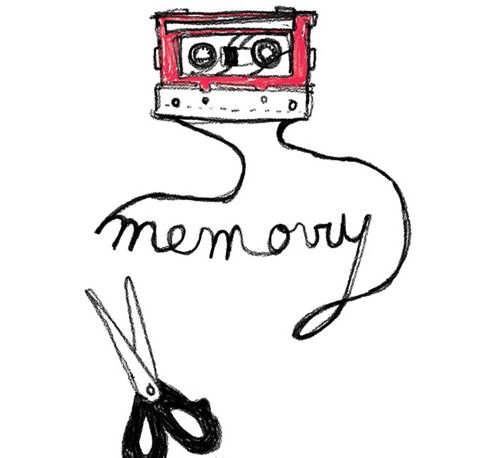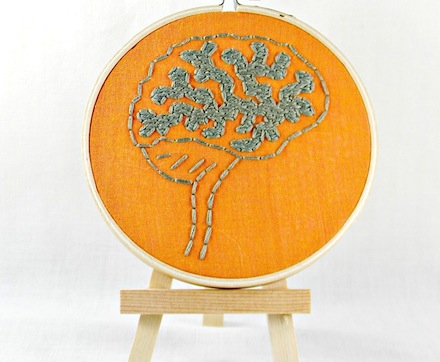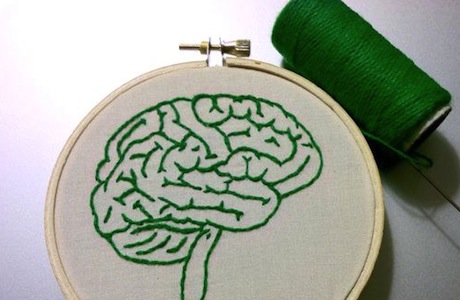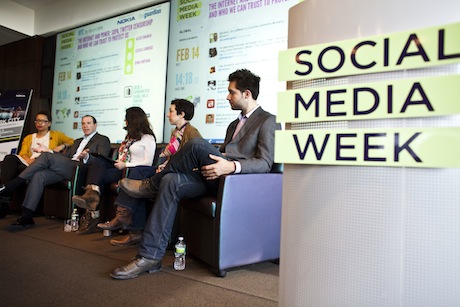
Forget-Me-Not: Can A Computer Remember For You?
We spent a morning at NESTA debating and demonstrating the relationship between people and digital memory, with an expert panel:
Sebastian Groes (Lecturer and Memory Network Researcher)
Holly Pester (Sound Poet)
Jon Silas (Lecturer in Psychology at the University of Roehampton)
Elad Ben Elul (The Album People)
Michela Magas (Scientific Director, MIReS: the future of music tech)
It began with an experiment on how we access and store data. The room was divided into two groups and each were presented with a series of words to process and then remember. A simple task... or so we thought! Turns out one group were actually being tested on their capacity to forget. Presented with the first set of words and asked to then forget that they saw them. Results showed that when told to forget we actually tend to remember better. Who knew?!
The panel then went on to discuss the roles of memory in music, poetry and psychology.
Human memory's incompleteness is its greatest strength. We filter, connect and prioritise information. We do not store it like a hard drive does. The way we do this varies from person to person: abilities at the extreme ends of the spectrum can be debilitating or brilliant (or both).
Cognitive services such as mapping and memory aids can fill in some of the gaps. But how will these change our sense of self and how we learn? What could they do for impaired or ageing brains?
Knowledge has always been distributed between brains, tools and infrastructure. London taxi drivers' memory centres measurably swell as they learn the city's layout, but those of New York cab drivers and minicab drivers with Sat Navs don't.
Technology is changing our memory. Whilst relying on prosthetic memories expands the amount that we can know it also leaves us vulnerable - data we can't find is lost from history, data we cannot control might be changed: false memories may be implanted or product placement slipped in. Will our shared photographs become permanent, public evidence and surveillance culture spread? Who owns this information? Do we have the right to be forgotten?
Will we look through Google Glass at our grandchildren's faces surrounded by status updates, health information, highlights of their school reports, prompts for caring questions and algorithmically-chosen presents?
How far will this go?
The event was one of a series leading up to Nesta's FutureFest, a weekend of events challenging us to imagine and shape the years ahead. We asked participants to answer the following question: How would you live your life differently if all your experiences were digitally stored, searchable and retrievable?
We spent a morning at NESTA debating and demonstrating the relationship between people and digital memory, with an expert panel:
Sebastian Groes (Lecturer and Memory Network Researcher)
Holly Pester (Sound Poet)
Jon Silas (Lecturer in Psychology at the University of Roehampton)
Elad Ben Elul (The Album People)
Michela Magas (Scientific Director, MIReS: the future of music tech)
It began with an experiment on how we access and store data. The room was divided into two groups and each were presented with a series of words to process and then remember.







